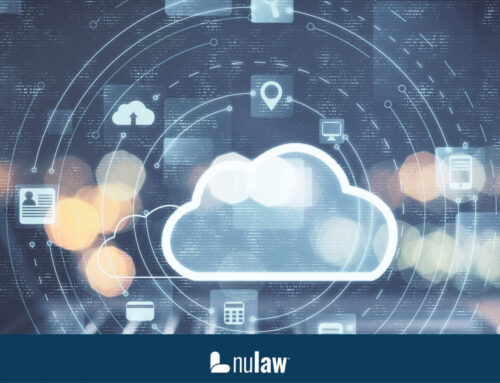Popular Tags

Increase Billable Time by Working Smarter
You have probably heard the admonishment from efficiency experts to ‘work smarter, not harder’. Does it apply to practicing law? Absolutely. What’s more, the legal profession is saturated with old ways of doing things that do not make for very smart work. You can see this very clearly in the arena of billable hours.
Your typical law firm with more than just one or two attorneys sets a minimum quota of billable hours. Management expects attorneys to meet this minimum even if it means putting in extra time away from the office. This creates a scenario in which attorneys are forced to work harder just to maintain the status quo.
Wouldn’t it be better for those attorneys to increase efficiency instead? Increased efficiency produces more work in the same amount of time. It can mean producing more billable hours without necessarily having to work a lot harder.
Start with Software Integration
One of the biggest time killers in the modern law office is legacy software. This is software that is old, outdated, and unable to integrate across all of the firm’s operations. Offices still using legacy software tend to have separate packages for case management, matter management, billing, accounting, and marketing.
Combining all of them into a single legal case management application instantly improves efficiency through functional integration. A good example to illustrate the point is calendaring. Integrated calendaring saves a lot of time that would otherwise be spent sending e-mails, answering phone calls, and searching documents.
In a legal case management application like NuLaw, calendars can be integrated with client matters so that everything is kept updated automatically. Automation can be employed to calendar new events as certain deadlines are met. All of this syncing and automatic calendaring happens in the background so that attorneys do not have to spend time doing things manually.
Legal Documents and Research
Spending time reviewing legal documents can cut into billable hours. This is especially frustrating when attorneys are dealing with standard documents, like contracts. They would rather be producing billable hours then checking contracts for appropriate language. They do not have to when their firm’s case management software includes a module that automatically reviews documents using artificial intelligence.
While the software handles document review, the attorney can build a library of research materials that can be linked and crossed referenced. The larger the library grows the less time attorneys spend doing research for upcoming cases. A comprehensive law library makes the attorney more efficient.
Planning to Be More Efficient
Unfortunately, state-of-the-art case management software cannot make attorneys more efficient all by itself. Efficiency is as much a mindset as it is a set of tools. This is where planning comes into play. Attorneys need to plan to be more efficient instead of expecting efficiency to occur organically.
Planning to be efficient involves a number of different things. For starters, it means creating an environment that minimizes distractions so that attorneys can stay focused. Hand-in-hand with minimizing distractions is making a plan for the day.
A good example is planning a certain amount of time each day to address e-mails. If that period is purposely set aside at the same time each day, attorneys can handle their e-mail and then forget about it for the rest of the day. They will be better focused on their work rather than constantly being interrupted by new messages.
The corporate world tells people to work smarter rather than harder. The same principle applies in law. By being smarter and more efficient, attorneys can increase their billable hours without having to work harder than necessary.



